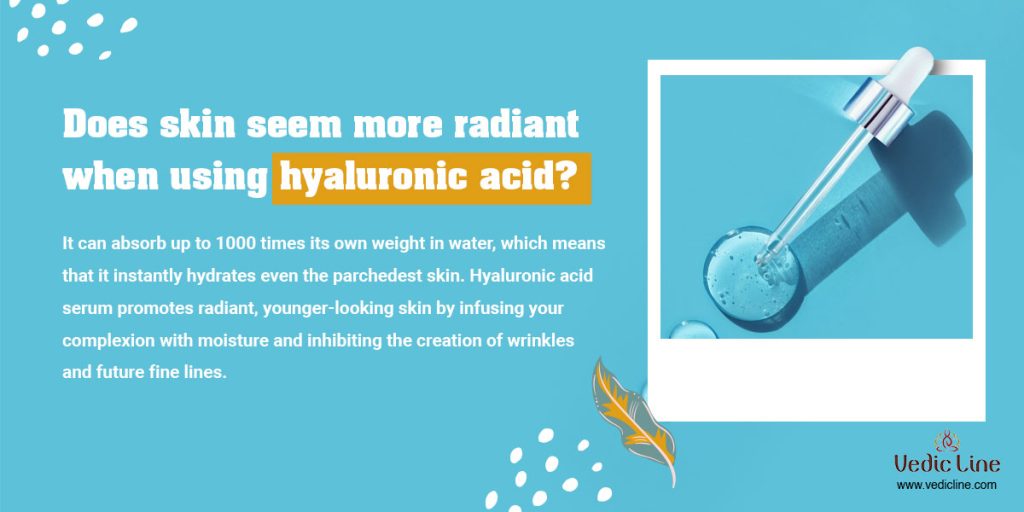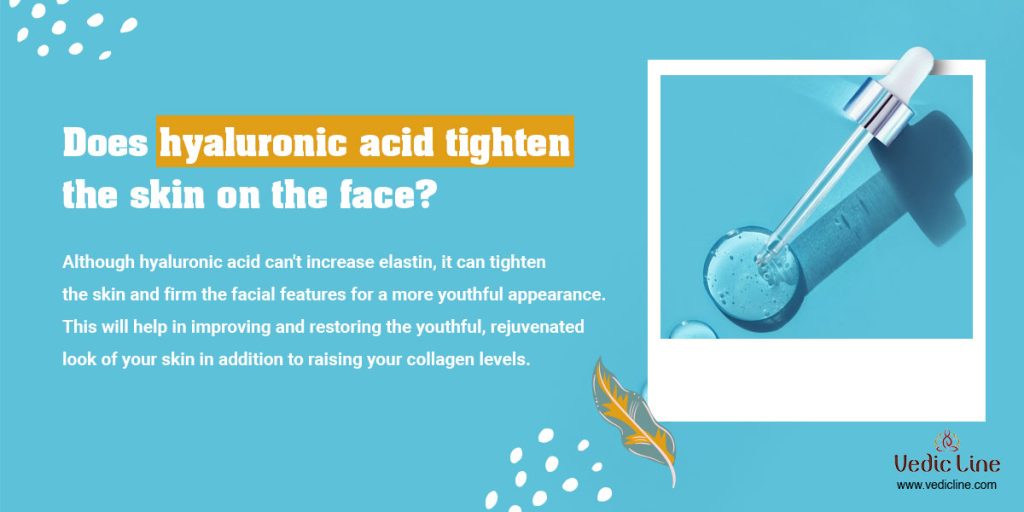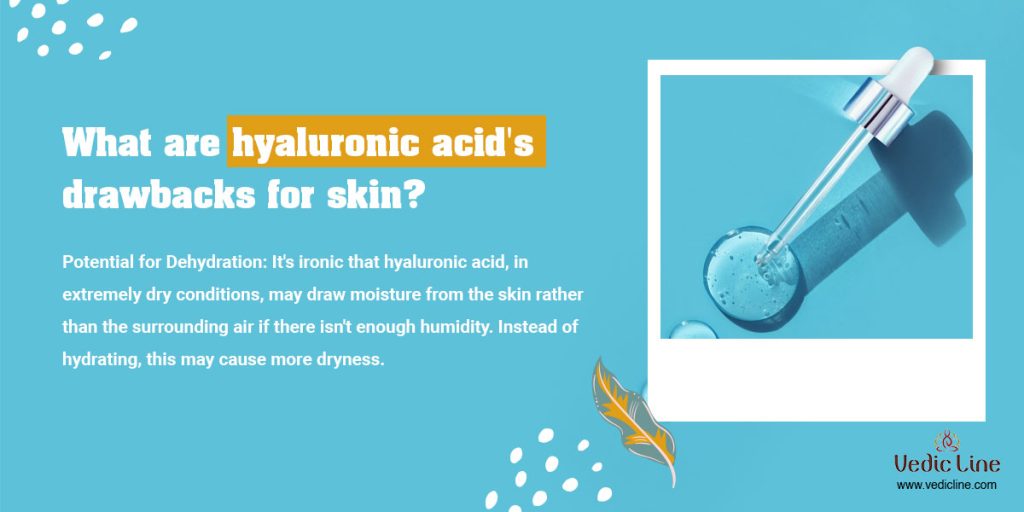In the quest for youthful, radiant skin, hyaluronic acid has emerged as a superstar ingredient in the skincare industry. Known for its remarkable hydrating and anti-aging properties, hyaluronic acid is a key component in many skin care products today. But what exactly is hyaluronic acid for skin, and how does it contribute to a younger, more hydrated appearance? This article delves into the science behind hyaluronic acid, its benefits, and how to incorporate it into your skincare routine for optimal results.
Understanding Hyaluronic Acid
Hyaluronic acid (HA) is a naturally occurring molecule found in the skin, connective tissues, and eyes. It is a type of glycosaminoglycan, which is essentially a large sugar molecule that plays a crucial role in maintaining skin hydration and elasticity. The primary function of hyaluronic acid is to retain water, keeping tissues well-lubricated and moist. In fact, just one gram of hyaluronic acid can hold up to six liters of water, highlighting its incredible hydrating capabilities.
As we age, the natural production of hyaluronic acid in our bodies decreases, leading to drier skin, fine lines, and wrinkles. This decline in HA levels is a significant factor in the visible signs of aging. However, topical application of hyaluronic acid through skincare products can help replenish these levels and restore a youthful appearance.

The Benefits of Hyaluronic Acid
Intense Hydration Hyaluronic acid is a humectant, meaning it attracts and retains moisture from the environment. When applied to the skin, it forms a barrier that locks in hydration, keeping the skin plump and moisturized. This intense hydration helps to smooth out fine lines and wrinkles, giving the skin a softer and more youthful texture.
Improved Skin Elasticity Well-hydrated skin is more elastic and resilient. Hyaluronic acid helps to maintain and improve skin elasticity by ensuring that the skin cells are sufficiently hydrated. This improved elasticity helps the skin to bounce back from environmental stressors and reduces the likelihood of sagging and wrinkles.
Enhanced Skin Barrier Function The skin barrier is essential for protecting the skin from external aggressors such as pollution, UV radiation, and bacteria. It strengthens the skin barrier by maintaining optimal hydration levels, which in turn enhances the skin’s natural defense mechanisms. A robust skin barrier is less prone to irritation, redness, and environmental damage.
Reduction in Fine Lines and Wrinkles By providing deep hydration, hyaluronic acid plumps up the skin, which helps to fill in fine lines and wrinkles from the inside out. This plumping effect is immediate, giving the skin a smoother and more youthful appearance shortly after application.
Anti-inflammatory Properties Hyaluronic acid has anti-inflammatory and antioxidant properties that help to soothe and calm the skin. It can reduce redness, irritation, and the appearance of blemishes, making it suitable for all skin types, including sensitive and acne-prone skin.
Incorporating Hyaluronic Acid into Your Skincare Routine
To fully benefit from hyaluronic acid for skin , it’s essential to incorporate it into your daily skincare routine. Here’s how you can do it:
Choose the Right Product Hyaluronic acid is available in various forms, including serums, moisturizers, masks, and injectable fillers. For daily use, a serum or moisturizer containing hyaluronic acid is ideal. Look for products with a high concentration of hyaluronic acid and minimal added ingredients to avoid potential irritants.

Layering Products Apply hyaluronic acid products on clean, damp skin to maximize their effectiveness. The dampness allows hyaluronic acid to draw in moisture more effectively. After cleansing, apply a moisturizer to lock in hydration and create a barrier against the elements.
Combined with Other Ingredients Hyaluronic acid works well with other skincare ingredients such as vitamin C, retinol, and peptides. These combinations can enhance the overall anti-aging and hydrating effects. For instance, using a vitamin C serum in the morning followed by a hyaluronic acid serum can provide both antioxidant protection and intense hydration.
Regular Use Consistency is key in skincare. Incorporate hyaluronic acid into your routine both morning and night for best results. Over time, regular use will result in improved skin texture, elasticity, and hydration.
Potential Side Effects and Considerations
Hyaluronic acid is generally well-tolerated by most skin types, but it’s essential to consider a few points:
Concentration: Higher concentrations of hyaluronic acid can sometimes cause irritation or dryness, especially in sensitive skin. If your skin doesn’t adjust quickly, start with a lower concentration and increase it gradually
Quality of Products: Ensure that you are using high-quality products from reputable brands to avoid potential contamination or subpar formulations.
Patch Test: To check for any adverse reactions, always perform a patch test before introducing a new skincare product into your routine.

The Future of Hyaluronic Acid in Skincare
The popularity of hyaluronic acid in skincare continues to grow, and ongoing research is uncovering even more benefits and applications. Innovations in delivery systems, such as nano-encapsulation, are enhancing the efficacy of hyaluronic acid products, allowing for deeper penetration into the skin. Additionally, new formulations are being developed to combine hyaluronic acid with other potent anti-aging ingredients, providing comprehensive solutions for aging skin.
In conclusion, hyaluronic acid is a versatile and powerful ingredient that can significantly improve skin hydration, elasticity, and overall appearance.You can achieve a more youthful and radiant complexion by incorporating this into your skincare routine. Whether you’re looking to smooth out fine lines, enhance your skin’s moisture barrier, or simply achieve a dewy glow, hyaluronic acid for skin is a must-have in any effective skincare regimen.



